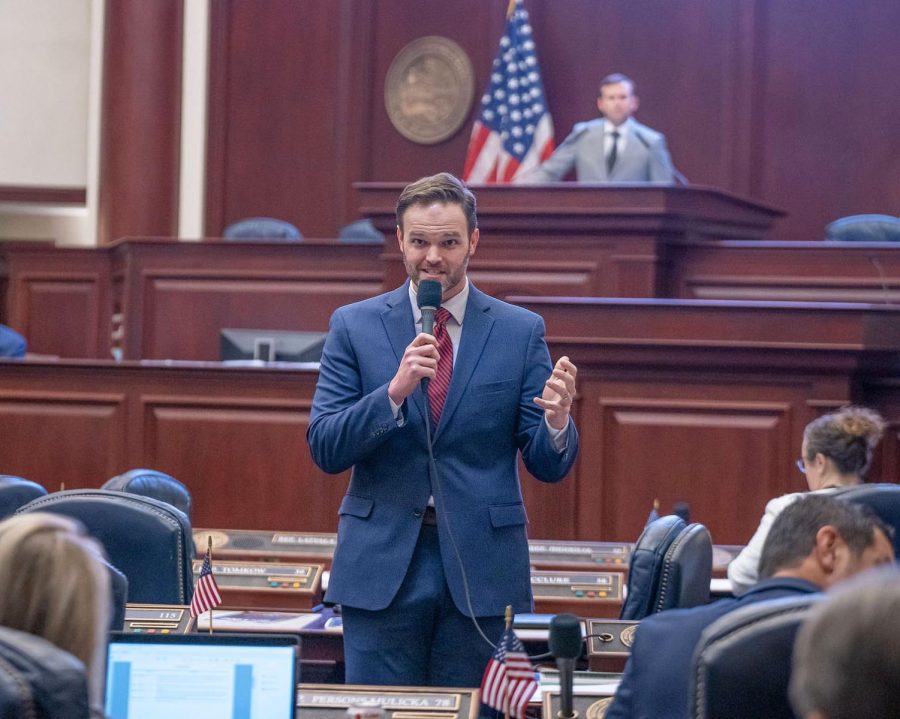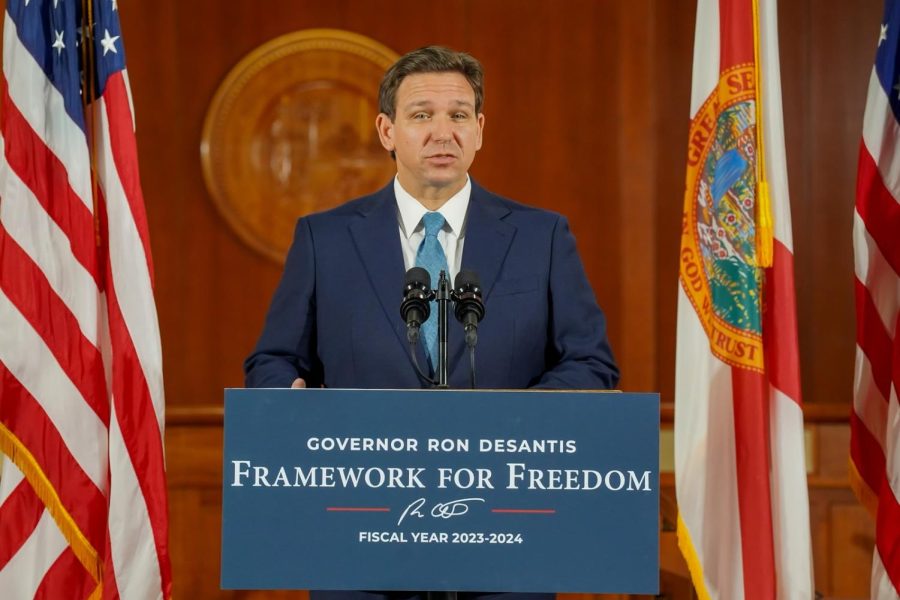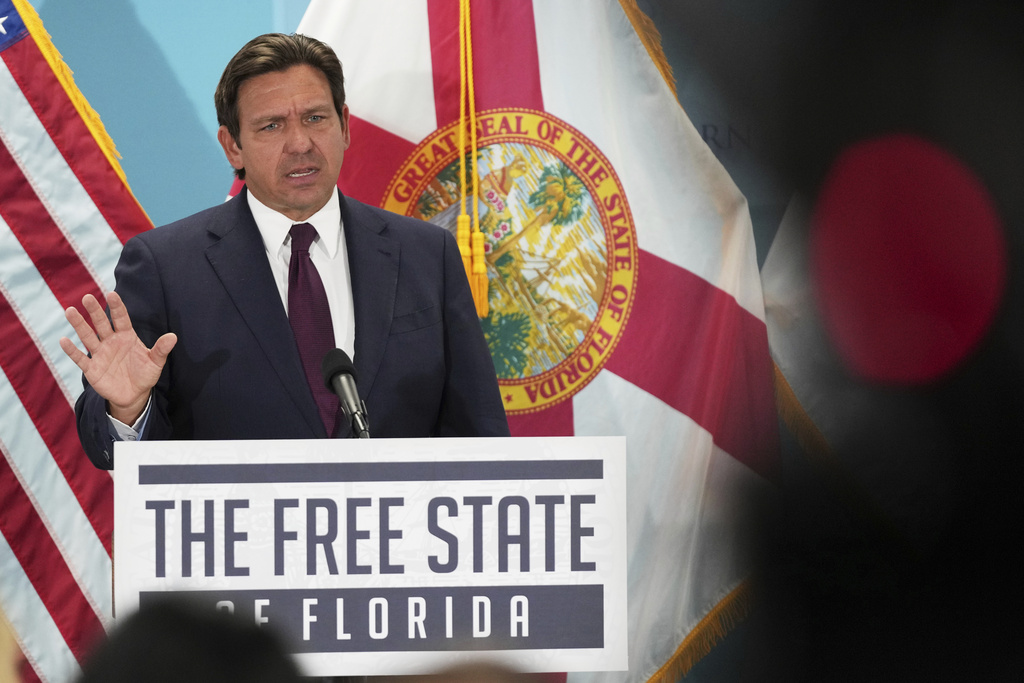Florida House Bill 999 has sparked mass debate over the future of Florida public universities as it looks to establish new guidelines for employment and degree programs if passed.
The new proposed bill states that the Board of Governors would have power over making sure that universities provide education that informs students of “the constitutional republic.” With this power, the state is able to update any public university’s mission and instruct universities to remove certain programs.
This comes after Gov. DeSantis sent out numerous memos about diversity, equity, and inclusion in public universities and pledged to defund those programs.
HB 999 outlines a system for the Board of Governors to “provide direction to each constituent university on removing from its programs any major or minor in Critical Race Theory, Gender Studies, or Intersectionality.”

On top of cracking down on what degree programs are being offered, the new bill requires that the Board of Governors provide standards for admission, graduation, and industry attainment for each university.
Each university must submit information each year to ensure that they stay on track with the government-appointed mission and provide students with information about the top and bottom degree programs regarding job placement and annual salary.
HB 999 also dips into employment at the university level. Each tenured faculty member must “undergo a comprehensive post-tenure review every 5 years,” it states.
This review would assess the performance ratings and productivity of each faculty member.
Changing the process of hiring faculty
Elizabeth Brown, the president of the faculty union United Faculty of Florida at UNF, said that these evaluations would practically remove the option of tenure. She explained that because reviews are available at any time, they could be brought up for any number of reasons, such as identity or belief systems.
It is a grueling process for a post-tenure review with hundreds of pages of notes to go through. Hiring is the same way, and HB 999 outlines a new process for new faculty.
Currently, faculty members participate in the hiring process. Brown said that faculty members in the different departments have expertise in their areas of study, allowing them to help select credible job candidates.
“We know what are the hallmarks of somebody who is accomplished in our field,” she said. “We can say who are the candidates that we feel like have the area of expertise that is needed based on the job ad.”
Should HB 999 be passed, the hiring process would change completely. Faculty would not be involved in the search process as the Board of Trustees would be in charge of the vetting process for the candidates.

Brown explained that it would be more difficult to select a credible candidate with this new ruling because there would be no input from people involved in those decisions in that field of study.
Along with these shifts of power in the university system, HB 999 proposes completely online bachelor’s and master’s degrees at each public university. According to the bill, these online courses would be similar in rigor and content to in-person classes. By analyzing student demand under this proposed bill, universities may continue offering more online programs each year.
Fully online degrees must be offered for at most, 75% of the on-campus tuition for Florida residents. The bill outlines that the tuition difference would be because there would be “no distance learning fee, fee for campus facilities, or fee for on-campus services.” However, out-of-state students can still see a complete market rate for tuition.
Finally, HB 999 appeals to the pledge from Gov. DeSantis of defunding DEI programs and courses at the university level. It would prohibit universities from spending funds from any source on programs that promote diversity, equity, and inclusion.
The bill provides instruction on general education courses and standards that promote civic literacy without mentioning diversity. Brown said that without diverse education, students would not have the experience and knowledge for the workforce.
HB 999 has received major backlash as it creates a higher level of control on public universities from the state. The bill is scheduled to be heard on March 13, 2023.
For more information, read the full bill here.
___
For more information or news tips, or if you see an error in this story or have any compliments or concerns, contact editor@unfspinnaker.com.
















